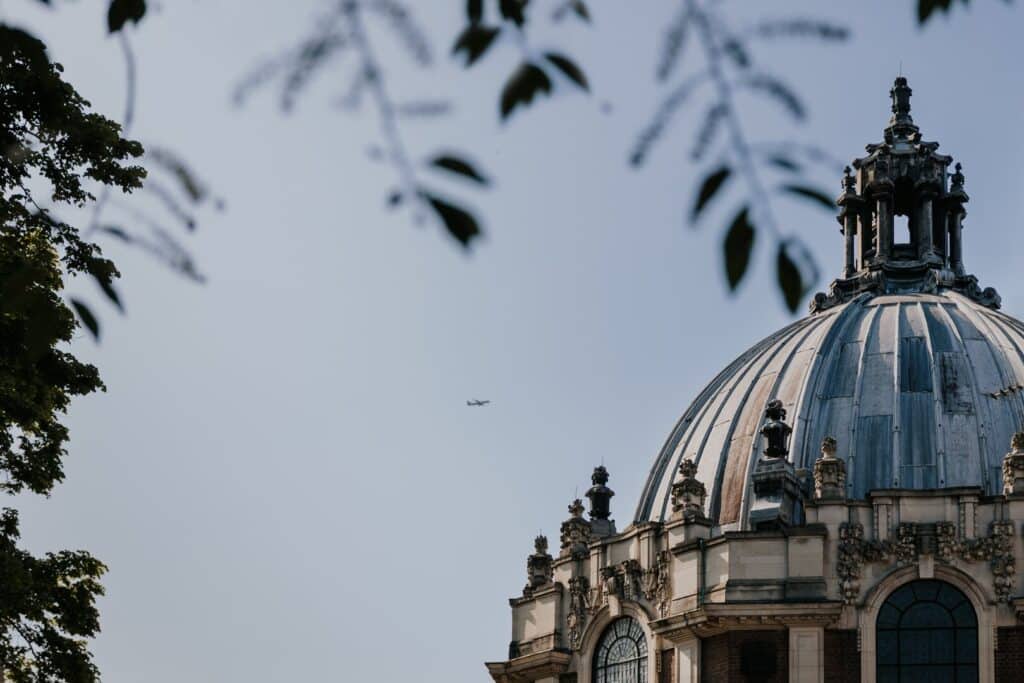As the man who boasts a higher batting average than Virat Kohli walked into a packed Jafar Hall, a nervy excitement filled the room. Everyone, myself included, eagerly anticipated the upcoming interview.
Sangakkara retired from international cricket in 2015 as the second-highest run scorer in all formats. He also captained his national team to not only one, but two World Cup finals!
In a detailed response to one of the first questions posed to him, he explained that in his childhood he also was proficient in tennis, swimming and badminton alongside cricket. He further stated that it was the team nature of cricket that made him prefer it over tennis.
Despite his retirement, his passion for the game was clear and his enthusiasm in asking further thought-provoking questions back to the audience was heavily appreciated by all.
One memorable response was to a question about the popularity of different formats of cricket. He replied that cricket, like all other sports, must be allowed to develop. He queried whether it would be better to maintain the more traditional parts of the game and slowly but surely lose the large audience cricket has, or to allow more radical formats (e.g. T20) to be showcased to win favour with the younger generation of fans.
Once the chance came for the audience to ask their own questions, the floodgates opened and Sangakkara was inundated.
After a few quickfire questions, the very enjoyable atmosphere darkened, as Sangakkara was asked what the most dangerous moment of his career was. He then referred to the 2009 attack on the Sri Lankan cricket team whilst on their tour of Pakistan. He briefly joked that whilst the bus’ wheels were shot, time didn’t in fact move in slow motion but that everything seemed to occur at hyper speed.
He mentioned that in that moment of panic, his life really did flash in front of his eyes. As the gunmen shot at the bus, a bullet hit his teammate behind him. When he turned to see the source of the cry of pain, a bullet flew millimetres past his ear. He recalled he could see the dent in the seat beside him.
Sangakkara noted that although he was in shock, he tried to accept this incident and move on. He commented that things in life could end at any moment, and therefore you should enjoy every second.
He then moved on to explain how he had tried to link this mentality with his retirement. Sangakkara explained that when he was at the pinnacle of his career, his father called him and asked whether he should consider stopping. In shock, he replied: why would he? He was at his very best. After sleeping on this, Sangakkara began to realise that perhaps there was some sense in what his father had said. It was two years after that conversation that he finally decided to retire from playing the game.
Looking back, Sangakkara announced to the audience that it is extremely important that you should know when to move on but also be prepared for the life you will live after a major life change like retirement. In his case he became one of the coaches of the Rajasthaan Royals, a major team in the Indian Premier League (IPL).
From beginning to end the Jafar Hall audience was spellbound. Whilst asking for autographs and pictures at the end of the evening, all attendees felt very lucky to have witnessed a very special talk from one of the greatest cricketers of all time.



